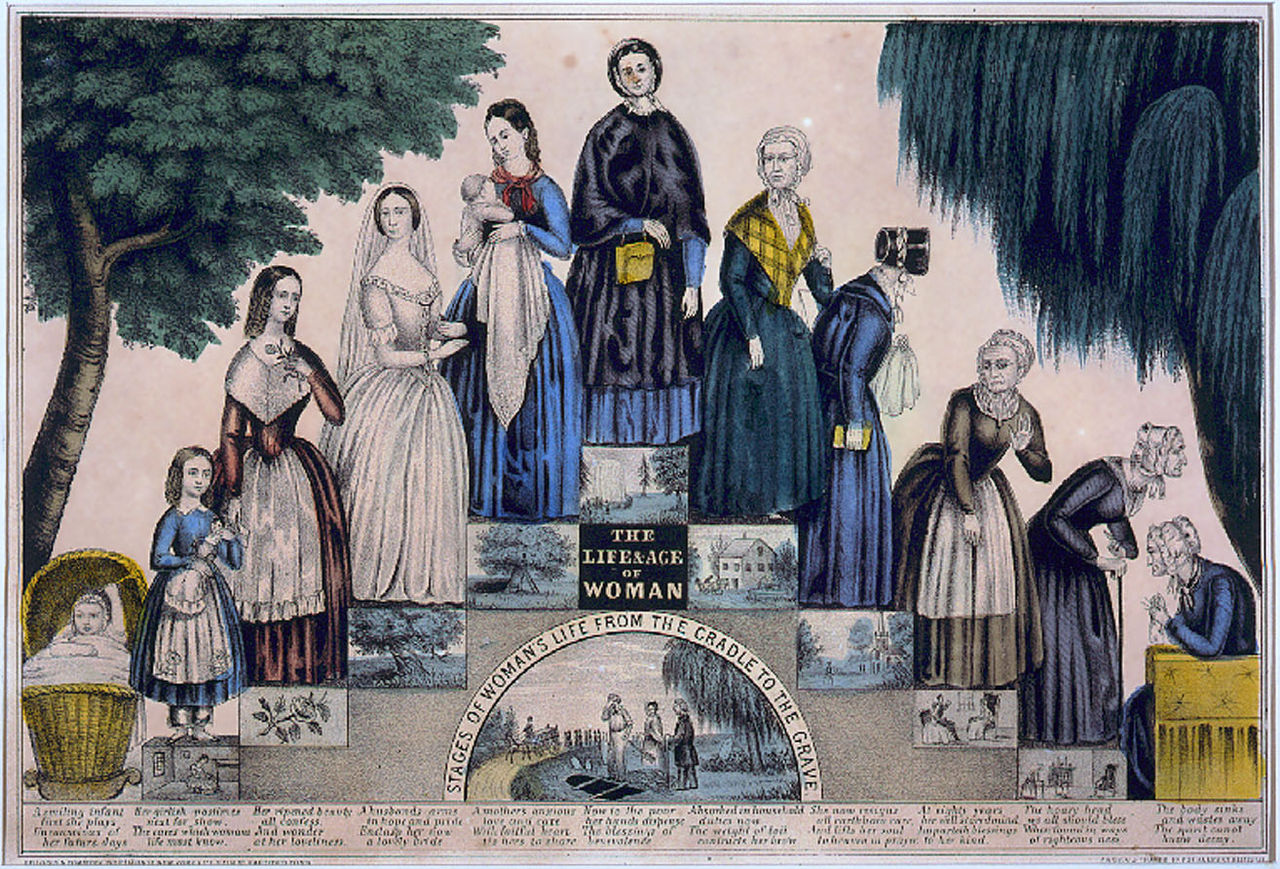Italy is an increasingly old and increasingly poor country. But it is not always true that whoever is poorer necessarily weighs more on the state. We can easily discover an alarm bell about this truth by observing the current state of pensions.
Observing the latest data provided by Istat, we discover that the pension system as a whole involves 22.8 million Italians in various capacities for a total expenditure of just over 300 billion in annual public spending. Actually not a huge amount, considering the average per capita expenditure of around 13,100 euros per year (1,000 euros per month over the thirteenth month), money with which a pensioner can live in dignity, with an apartment of their own or with a low rent.
However, this average datum is very distorted: it suffices to note, in fact, that for medium-high pensions alone (from 3,000 euros a month and up), received by 4.37% of users, the state spends 52.8 billion, i.e. 17.6% of total pension expenditure. These recipients of pension benefits, for various reasons (sometimes cumulative, and in any case net of welfare payments), weigh on the public finances overall as much as 10.2 million pensioners.
Below 750 euros per month, we have almost 12 million pensioners for a total expenditure of 63.5 billion, i.e. an average pension equal to 5,300 euros per year, well below the Istat absolute poverty line.
When we often talk about the revision of the pension system, however, it is the lowest pensions that pay the most, so much so that in the last decade they have implemented the audience of recipients of a pension well below the minimum: they are 1.9 million Italians who receive a pension of less than 250 euros per month.
So how to intervene? The introduction of a principle of solidarity in pension payments is certainly needed, starting from the thirteenth month salary: introduced with the law of 26 November 1953 number 876, “Concession of the thirteenth month salary to holders of ordinary pensions”, subsequently extended to all pensions with a decree of the presidency of the republic, the so-called thirteenth arose from the need to give further support to families in difficulty, as well as a Christmas bonus due for productivity (for workers). A revision of the thirteenth month salary, eliminating it from the highest pensions, could lead, if well structured, to a hoard of between 10 and 15 billion which, if well spent, could certainly increase minimum pensions, fully structure measures to support birth rate and disadvantaged families, or in investments, or in pension contributions for graduates, or again for the cut in taxation in favor of artisans and small entrepreneurs, or in the increase of the public health service, or for the reduction of the tax wedge.
In short, a revision that aims to limit pension expenses or in any case reorganize social security expenses, to free up resources for solidarity purposes. Solidarity not only within the “pension class”, but also between generations. In fact, solidarity is forgotten by the Italian pension system: unfair to many, unfair to too many.
